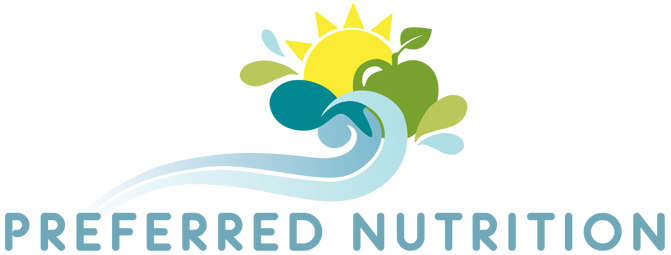Nutrition & Hormones | How Food Affects the Changing Body
Marilyn and Johanna will be offering a “Tour & Taste” event at Native Sun Natural Foods Market in Jacksonville Beach on Saturday, August 18th, 11:00 AM – 12:00 PM. Native Sun is a local grocery store chain known for natural and organic food products and a commitment to maintaining strong relationships with their farmers and suppliers to ensure quality standards. Our August event will be focusing on hormonal changes, as they relate to aging and stress.
The endocrine system is a chemical messenger system that is made up of specific glands throughout the human body. These glands produce hormones that are responsible for a wide variety of functions, such as growth and development, metabolism, sexual function and reproduction, and sleep. Likewise, hormones play an important role in one’s mood or overall disposition.
Women typically experience more hormonal changes throughout the life cycle than men, with significant changes occurring at puberty, monthly menstruation, pregnancy, and menopause. Women are most susceptible to hormonal imbalances during perimenopause, menopause, and postmenopause. Men’s testosterone levels peak at around 20 years of age, then gradually decline over time. More research is being reported on andropause, otherwise known as “male menopause,” a condition in which men suffer from testosterone deficiency.
Estrogen dominance in females and low testosterone levels in males can manifest similar symptoms, including but not limited to:
- Difficulty sleeping
- Difficulty concentrating
- Decreased sex drive
- Infertility
- Increased sensitivity to cold or heat
- Dry skin and/or rashes
- Changes in blood pressure
- Changes in blood glucose
- Mood swings, irritability
- Depression and/or anxiety
- Thinning, brittle hair
- Changes in appetite
- Changes in digestion
- Weak, brittle bones
- Hot flashes or night sweats
- Changes in weight
Balanced nutrition plays a vital role in maintaining hormonal stability. Humans require an adequate intake of fat to maintain the integrity of cell membranes for every cell throughout the body. Fat is also important for producing the hormones in our body, especially the sex hormones. Eating enough protein is equally important to hormonal balance, and a variety of protein-rich foods should be eaten for optimal function. Diets rich in antioxidants—found in plenty of plant-based products—help minimize damage from free radicals, which occurs under stress, or through the natural aging process.
During our “Tour & Taste” event, Marilyn and Johanna will be walking participants through the different departments of Native Sun to highlight more specific foods that meet the above criteria to support hormonal balance. The tour will end with a tasting to allow participants to sample new foods. The cost for this one-hour event is $10, and tickets may be purchased online or by calling our office at (904)270-1234. We hope to see you there!




